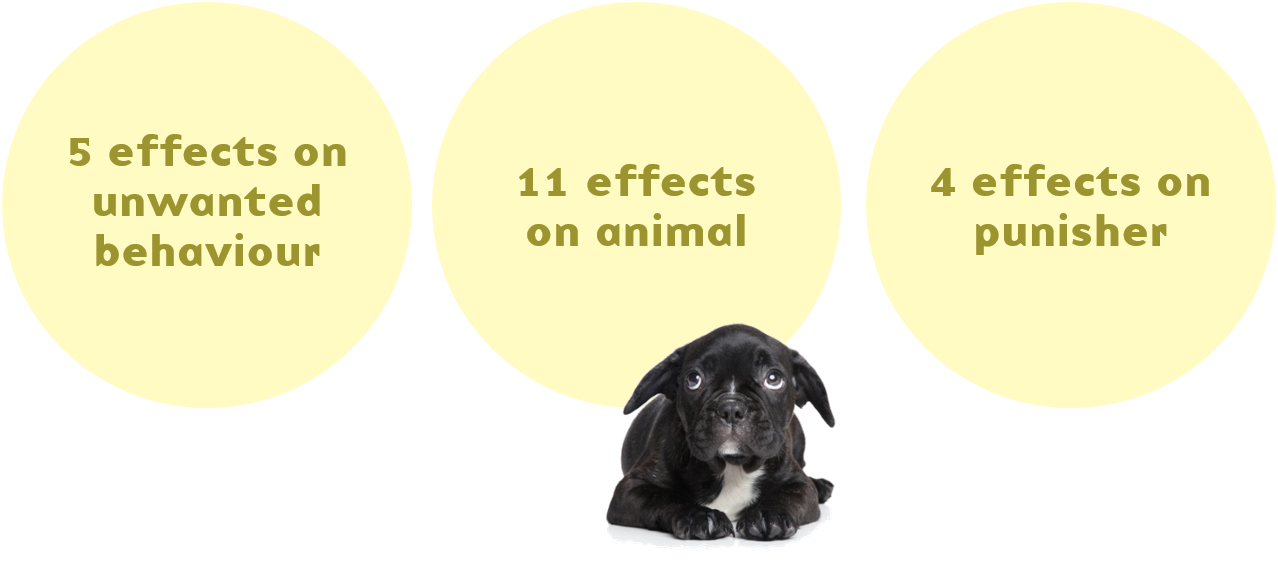Is this familiar?
Your cat comes when called in the kitchen, but not in the garden.

Or your horse loads beautifully into the old trailer, but refuses to set hoof in the brand new one.
Or your dog sits on cue anywhere but in the vet’s office.
This problem could be about either (or both) of two issues:
- You haven’t successfully communicated to the animal what you want him to do
- The animal isn’t motivated to do what you’re asking
In order to successfully get behaviour in all contexts, you need to address both Communication and Motivation.




